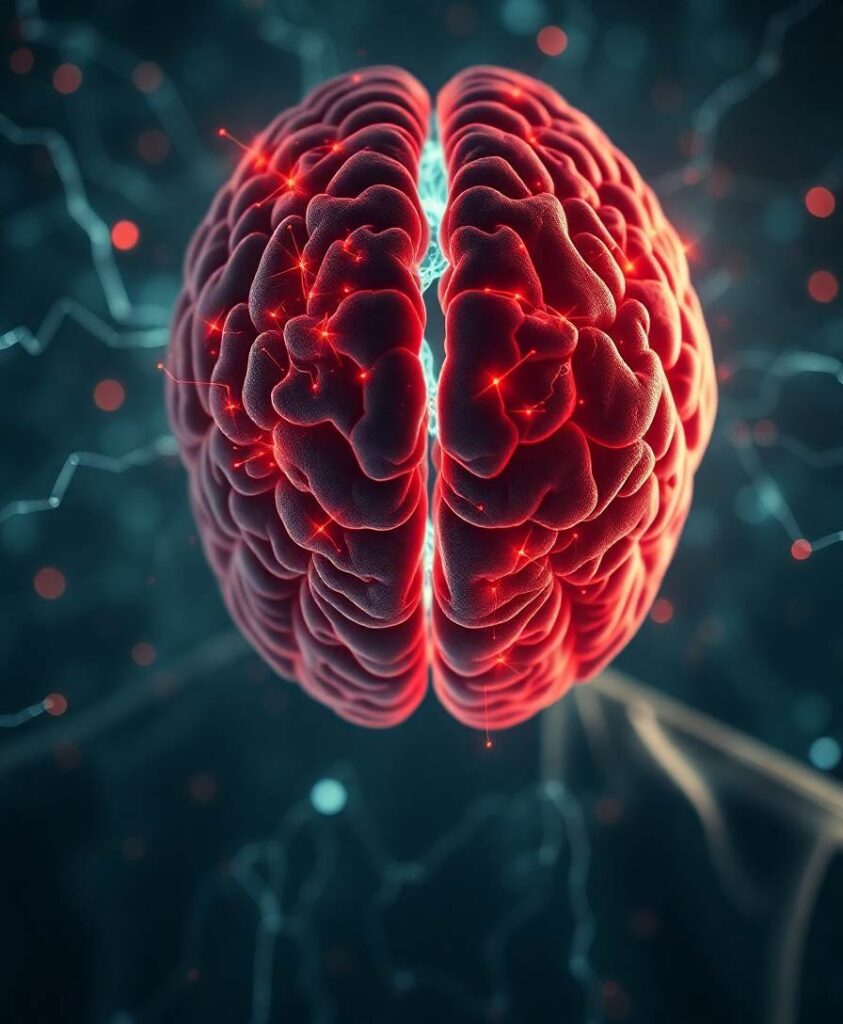BackgroundThe usefulness of neurofilament light (NfL) as a biomarker for small vessel disease has not been established. We examined the relationship between NfL, neuroimaging changes, and clinical findings in subjects with varying degrees of white matter hyperintensity (WMH).MethodsA subgroup of participants (n = 35) in the Helsinki Small Vessel Disease Study underwent an analysis of NfL in cerebrospinal fluid (CSF) as well as brain magnetic resonance imaging (MRI) and neuropsychological and motor performance assessments. WMH and structural brain volumes were obtained with automatic segmentation.ResultsCSF NfL did not correlate significantly with total WMH volume (r = 0.278, p = 0.105). However, strong correlations were observed between CSF NfL and volumes of cerebral grey matter (r = −0.569, p < 0.001), cerebral cortex (r = −0.563, p < 0.001), and hippocampi (r = −0.492, p = 0.003). CSF NfL also correlated with composite measures of global cognition (r = −0.403, p = 0.016), executive functions (r = −0.402, p = 0.017), memory (r = −0.463, p = 0.005), and processing speed (r = −0.386, p = 0.022). Regarding motor performance, CSF NfL was correlated with Timed Up and Go (TUG) test (r = 0.531, p = 0.001), and gait speed (r = −0.450, p = 0.007), but not with single-leg stance. After adjusting for age, associations with volumes in MRI, functional mobility (TUG), and gait speed remained significant, whereas associations with cognitive performance attenuated below the significance level despite medium to large effect sizes.ConclusionNfL was strongly related to global gray matter and hippocampal atrophy, but not to WMH severity. NfL was also associated with motor performance. Our results suggest that NfL is independently associated with brain atrophy and functional mobility, but is not a reliable marker for cerebral small vessel disease.



